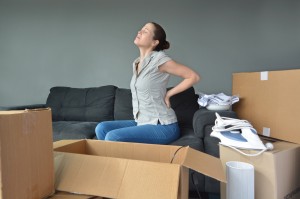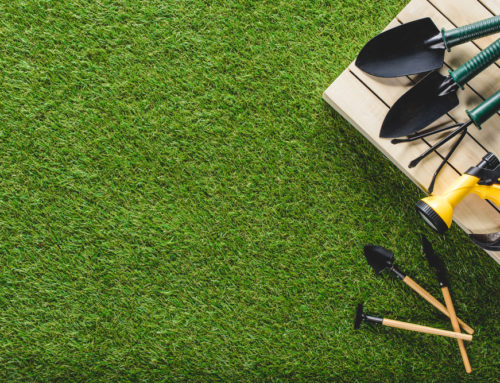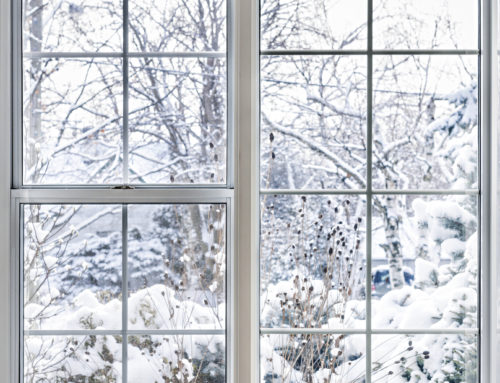 The summer months come with outdoor grilling, swimming pools, vacations, and for many people, the end of rental leases. When it comes time to move, people often look for ways to save money, which may include moving yourself. There is some debate about whether it’s truly cheaper to hire movers or go it alone. One potential hidden cost of moving yourself is that it can damage your health, due to accidental injury, ruining your sleep, causing bad eating patterns, or adding stress to your life.
The summer months come with outdoor grilling, swimming pools, vacations, and for many people, the end of rental leases. When it comes time to move, people often look for ways to save money, which may include moving yourself. There is some debate about whether it’s truly cheaper to hire movers or go it alone. One potential hidden cost of moving yourself is that it can damage your health, due to accidental injury, ruining your sleep, causing bad eating patterns, or adding stress to your life.
Even with professional movers, the process of packing and planning the move can also disrupt your healthy habits. So keep these things to make it through the move in relative good health.
Eat Right
When half the kitchen is packed and you’re running around doing a dozen things, it’s easy to just grab a burger, taco, or pizza and wash it down with soda or a beer. It should come as no surprise that this can make you feel worse than if you ate a light sandwich, salad, or made yourself a good meal instead. Sure, it takes a little longer, and you might be reluctant to keep out pots and pans, but you’re going to feel better if you do it right. And of course, the occasional fast food won’t hurt too much; just don’t make that your entire diet. One trick is that whenever you have some free time, make a few meals in advance and store them in the fridge.
Sleep Right
There’s nothing worse for good sleep than stress. You may be exhausted from packing, carrying boxes or furniture, or just keeping track of the all the details, but if you’re obsessing over those details or drinking a lot of caffeine to keep going, you are probably not getting enough sleep. Not only does lack of sleep make you feel bad, but it can keep your body from bouncing back after physical exertion, make you more susceptible to illness, and lead you to make mistakes like lifting the wrong thing or banging furniture off walls and doors.
Try to get as close to eight hours of sleep if you can. Go to bed a little earlier, cut off the caffeine intake at dinner if not earlier, and shut off electronic devices sooner. Rather than looking at your to-do list before you go to bed, listen to some light music or read something soothing. Also, consider the benefits of a short power nap during the day.
Stay Cool and Hydrated
In the summer especially, you’ll probably be working in high temperatures. All that exertion is hard enough, but our bodies don’t handle exercise as well when we’re overheated. Heat stroke and heat exhaustion are real dangers, and if you’re not careful, they can keep you flat on your back for a while.
Keep hydrated–and that means have a water bottle close at hand, not sports drinks, soda, coffee, beer, or anything like that. If you’re feeling a little thirsty, take a drink. It can keep you cool and force you to take a break you probably needed anyway. Take breaks on a regular basis–five minutes for every thirty minutes of hard work is often recommended. If you can, find shade and a breeze to reduce your temperature even a few degrees. Maybe have a box fan set up to blow air through the house or along the path you walk. It’s also not a bad idea to leave the air conditioner on inside your place even if the door is open. It can be a waste of energy, but avoiding heat stroke might be worth the cost.
Be Careful What You’re Moving
This is the big one. Over and over again, people have a tendency to lift too much, not pay attention to where they’re standing or walking, or otherwise hurt themselves while moving. There are several ways to minimize the risk of self-injury:
Don’t do it by yourself. If you don’t have any friends or family who can lend a hand for at least an hour to help you with the heaviest items, you need to seriously consider hiring a professional. It might cost a couple hundred bucks to get a couple guys for a couple hours, but would you rather have a much larger bill at the hospital?
- Break down furniture as much as you can. A lot of couches, chairs, and tables can be taken apart to some degree to make them easier to handle. This includes removing drawers from dressers or removing glass doors from display cabinets.
- Check for hazards. Watch out for slippery places, stairs, or obstacles that might trip you up or cause you to suddenly shift the weight you’re holding. Also, look over the item you’re moving. Are there pieces of metal sticking out? Is a door likely to swing open? Is it going to be awkward to lift and carry?
- Have the tools. Most companies will rent furniture dollies, furniture slides, or moving straps. Find ways to reduce how much you have to do with your knees and back.
- Know how to lift. If you aren’t used to lifting heavy weights, go to YouTube or Google and look up proper lifting techniques. See what will keep you safe.
And the easiest way to stay healthy and cool while moving is to get help from the pros at Gerber Moving & Storage.



